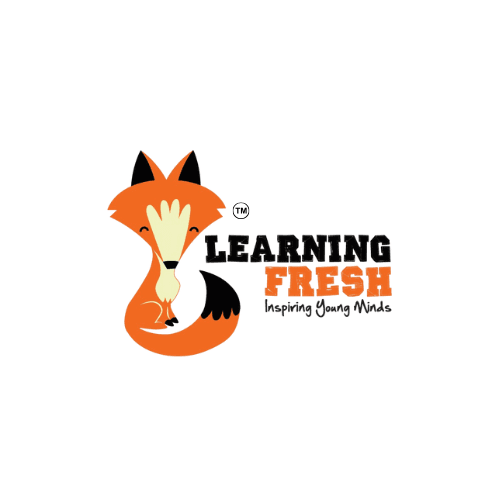Myth-Busting: Common Misconceptions About Online Learning
Introduction to Online Learning Misconceptions
Online learning has rapidly evolved over the past decade, offering unprecedented access to education for people worldwide. However, despite its growing popularity, several misconceptions persist about this mode of education. In this article, we'll explore and debunk some of the most common myths surrounding online learning.

Myth 1: Online Learning is Easier Than Traditional Learning
One of the most prevalent myths is that online courses are inherently easier than traditional in-person classes. This belief often stems from the flexibility that online learning offers, but it's important to understand that flexibility doesn't equate to simplicity. Online courses require a high degree of self-discipline and time management skills. The curriculum is designed to be just as rigorous and comprehensive as any traditional course.
Understanding the Commitment
Online learning demands commitment and active participation. Students are expected to engage with the material, participate in discussions, and complete assignments by set deadlines. This requires a proactive approach to learning and the ability to work independently.
Myth 2: Online Degrees Are Less Valuable
Another common misconception is that degrees earned online are less valuable than those obtained from traditional institutions. This myth is far from the truth. Today, many reputable universities offer online programs that are recognized globally. Employers are increasingly acknowledging the legitimacy of online degrees, especially when they are accredited by recognized bodies.

Accreditation Matters
When considering an online program, it’s crucial to ensure that it is accredited. Accreditation signifies that the program meets specific standards of quality and rigor, making the degree equivalent in value to one earned through traditional means.
Myth 3: Online Learning Lacks Interaction
A third myth suggests that online learning is an isolating experience with little interaction. In reality, online courses often provide numerous opportunities for interaction through forums, live chats, video conferencing, and group projects. These platforms facilitate communication and collaboration among students and instructors.

Building a Community Online
Many online programs actively foster community building by encouraging peer-to-peer interaction and networking opportunities. Students can form study groups, participate in discussions, and collaborate on projects, creating a supportive learning environment.
Conclusion: Embracing Online Learning
Online learning continues to be a dynamic and adaptable form of education, serving diverse needs and schedules. By dispelling these myths, we hope to encourage more individuals to explore the potential of online learning without prejudice. As technology advances, so too do the capabilities and credibility of online education, making it a valuable pathway for lifelong learning.
